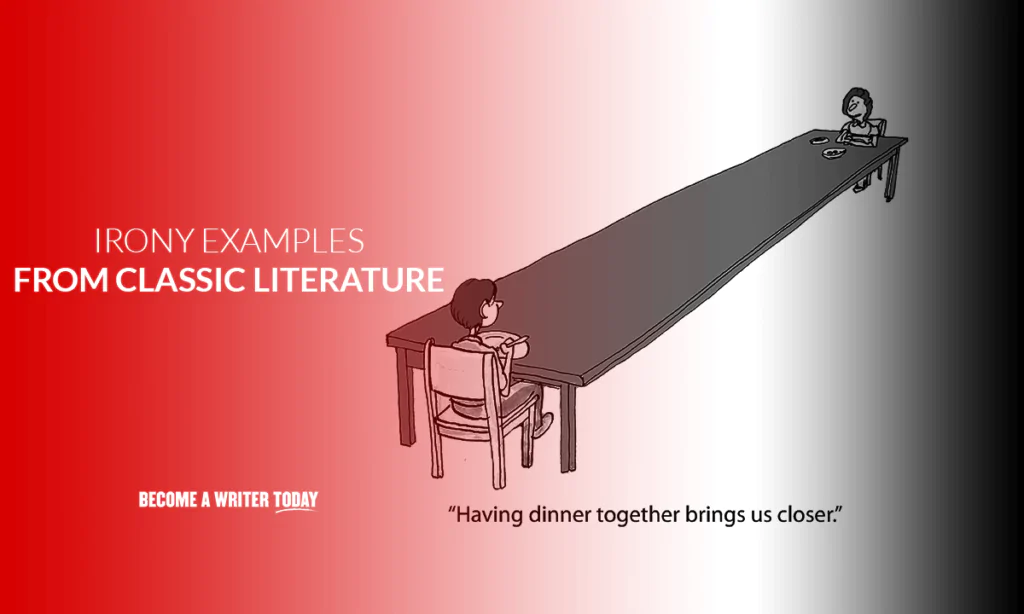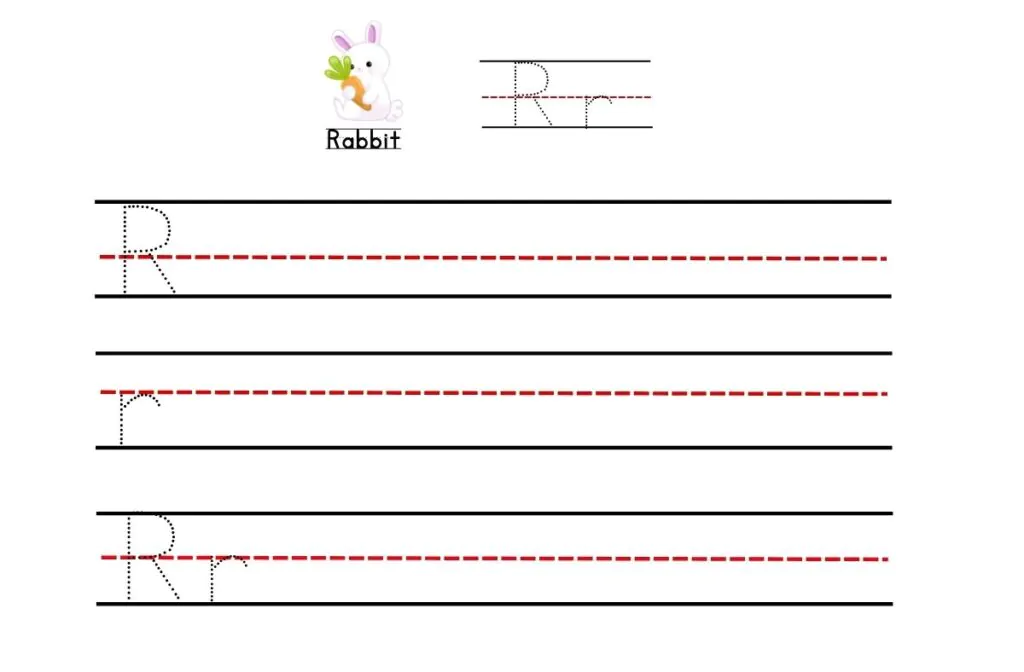Want to Write Online?
As Seen On

Writing Software Reviews
We try and test the best writing software and apps. Read some of our popular reviews.
Writing Resources
Watch, listen and learn from podcasts, videos and courses about the craft of writing from Become a Writer Today.
YouTube
Watch our videos packed full of writing advice, software reviews, tips, interviews, and book-round-ups on our channel. ⏯️
Courses
Get help with writer’s block, self-publishing, and earning more money as a writer in these popular courses. ✍️
Podcast
Listen to interviews with New York Times best-selling authors and other top writers. Get practical advice that works. 🎧
Writing Blog and News
Our team of expert writers publishes practical advice about the craft of writing.
20 Irony Examples from Classic Literature
Learning how to define irony and studying irony examples from literature can make your writing…
Essays About Discrimination: Top 5 Examples and 8 Prompts
You must know how to connect with your readers to write essays about discrimination effectively;…
10 Best Ishiguro Books You Must Read
Discover the 10 best Ishiguro books in our guide to broaden your reading library and…
How to Spark Your Passion for Writing: 7 Strategies That Work
Do you want to spark a passion for writing? This guide provides 7 strategies that…
Examples of Meter In Poem: Rhythmic Patterns for Spoken Word Verse
Check out our guide with examples of meter in poem to get the hang of meter…
Letter R Worksheet Printout
Revel in the richness of ‘R’ – get our Letter R Worksheet today! What…

Writing Advice That Works
Our team has written thousands of articles covering all types of writing, book genres, niches, tools, famous authors, and the written word. You can start your writing journey today.

Need Writing Software?
We regularly review and profile the best writing tools, apps, grammar checkers, and AI writing software, so you can find one that works best.

Great Books
Our team of writers has read and reviewed the best books and authors across various genres. Never run out of items for your reading list.








